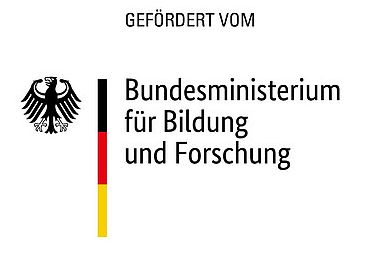Understanding complex STEM-topics: Promoting 21st century skills with simulations (siMINT)
State-of-the art STEM education aims to foster 21st century skills, which are tailored to prepare to deal with subject-specific and cross-disciplinary problems.
Cross-disciplinary problems are for example challenges arising from climate change, pandemics and other central and complex questions concerning the future of the whole society.
In the STEM sciences more and more computer-based simulations are used in order to generate scientific insights into complex scenarios or in order to communicate the these insights adequately to laymen or the general public.
Like that, simulations (on top of theory and experiments) have turned into a third way of how to generate scientific results.
Based on this background, the project siMINT aims to progress the strengthening of cross-disciplinary competences in STEM-education with simulations and integrates modelling, dealing with risks and dealing with insecurities as the core cross-disciplinary competencies in STEM.
In the project, we aim to formulate an understanding about simulations modelling, dealing with risks and insecurities and (based on that) to develop learning and teaching concepts for a cross-disciplinary support of these competences by integrating the perspectives of natural sciences, mathematics, and computer sciences.
The project thereby aims to define cross-disciplinary standards and guidelines for tasks, which can increase 21st century skills and also develop evidence-based good-practice examples by working together with partners from practices.
Practitioners from schools (e.g., teachers), from research practice (e.g., subject-specific modelling), and economy (e.g., publishers of school-books) are supposed to participate in the project according to the co-design principle, e.g., by identifying adequate STEM-contexts, developing a shared STEM-understanding and the cyclic testing of the learning and teaching concepts.
The subproject siMINT specifically addresses how to support dealing with risks.
|
|

Projektleitung:
Prof. Dr. Karin Binder
karin.binder@math.lmu.de
Prof. Dr. Andreas Eichler
eichler@mathematik.uni-kassel.de
|


